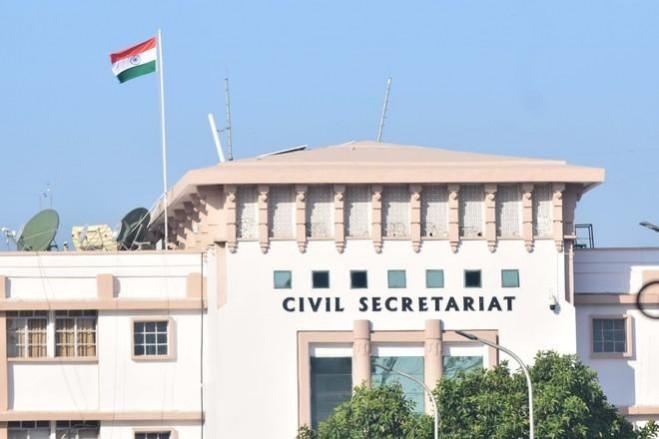After putting an end to the age-old practice of the "Darbar Move", the Jammu and Kashmir administration is mulling over the six-day working week of the Civil Secretariat in both the capital cities of the Union Territory.
Presently, there is a five-day working system in the Civil Secretariat of Jammu and Kashmir.
Highly placed sources said that the Civil Secretariat and the offices of Heads of Department in Jammu and Kashmir are likely to switch over to a six-day working week.
"The move will dispense the practice put in vogue decades ago, citing austerity measures, to further streamline the administration and enforce accountability", reports said.
"The step is also seen as a reformative measure to enhance the accessibility of the people to the top echelons of the administration for redressal of grievances and expediting official matters in the stipulated time frame", sources said.

The five-day week was in force in the Durbar Move offices only. However, with the abolition of the age-old practice in June 2021 during the gubernatorial tenure of Lieutenant Governor Manoj Sinha, the working days continued to remain unchanged.
The timing in the Civil Secretariat and the Directorates used to function from 10 AM to 5 AM till October, 2018 when it was revised to 9.30 AM to 5.30 PM. The enhanced timing from November 1, 2018 had been ordered following a decision by the State Administrative Council, headed by the then Governor N. N Vohra.
The sources said the decision with regard to reverting to a six-working day week in the public interest is expected in the next few days.
Historic decision was taken on April 5, 2021
The General Administration Department of J&K had issued a circular on April 5 2021 in which it was decided that there will be no physical movement of files during the 'Darbar Move'. This step was taken to minimize the financial burden of the annual 'Darbar Move' practice on the state exchequer.
First time in the history of Darbar Move, it was decided that only 10 trucks would be engaged, that too, for shifting only highly sensitive and confidential files. All other files were uploaded on the e-office system and files are now available both at Jammu and Srinagar offices.

J&K Government saving Rs 200 crores annually after ending "Dabar Move" practice
Shifting to e-office and e-files has eliminated the requirement of sending truckloads of physical files from one department to another facilitating simultaneous functioning of civil secretariats at both Jammu and Srinagar profoundly making the system faster, substantially reducing the overhead costs, saving huge resources, increasing efficiency, and transparency.
The cash-starved J&K government, every year, used to spend a whopping amount of Rs 200 crores on 'Darbar Move' by hiring hundreds of trucks to carry files from one capital to another.
"Darbar Move" practice started in the year 1872
The practice of Darbar Move was started in 1872 by Maharaja Ranbir Singh - the second Dogra ruler of the erstwhile princely state of J&K, to escape the extreme heat of Jammu during summers and the biting cold of winters in Srinagar.
However, the practice was continued by elected governments post-independence in order to provide access to people of both regions by turning to the seat of power in the erstwhile State.

















